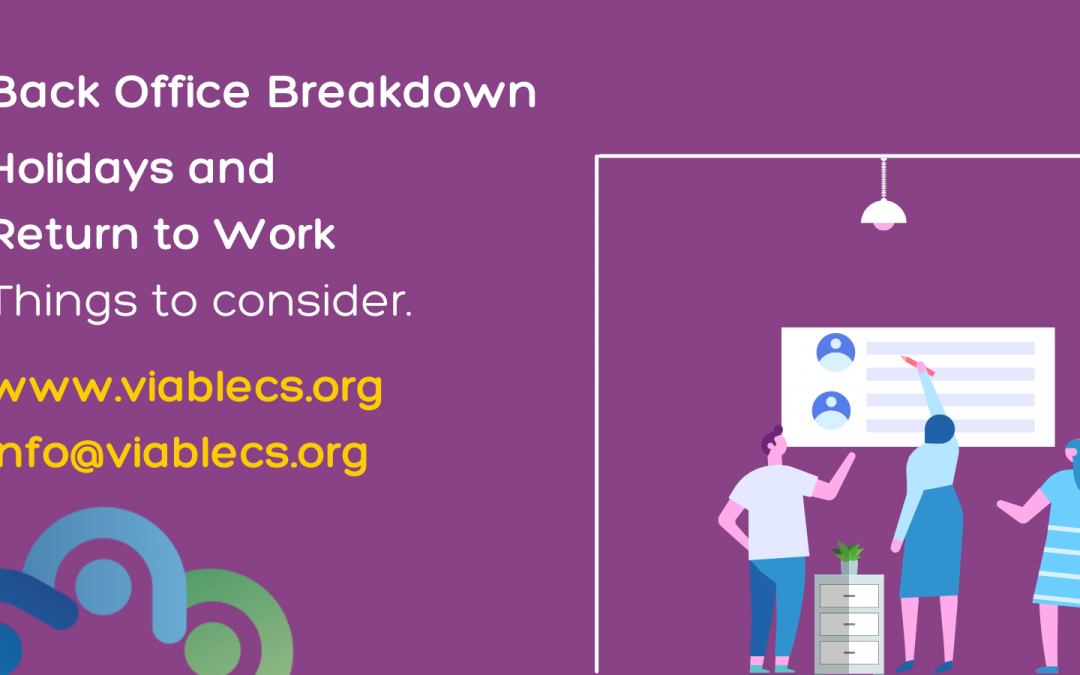Summer is here, and so are Summer Holidays. It’s been a while since we’ve been able to get on a plane and get out to some heat, and naturally a lot of employees are keen to seize that opportunity. With lockdown restrictions lifting, and green, amber and red lists active, managing holidays and return to work this Summer can be complex.
Certain situations when visiting countries in amber and red lists can cause problems for organisations, and as an employer, you must ensure you are prepared, protecting your business resilience as leave requests increase under complex situations.
Consider the following scenarios that you may face from an HR perspective this summer, and some practical solutions you can use to tackle them.
1. Employee may be required to self-isolate on return from holiday.
Employees may be required to isolate for 10 days upon their return to Northern Ireland, depending on where they intend to travel. This may cause issues around holidays and return to work. When encountering these types of holiday requests, forecast what is suitable for the business, and your people.
If the employee can safely isolate and work from home, accepting the holiday request will be great for employee relations. Alternatively, if the employee cannot work from home, what other options are available beyond declining the request. Consider:
- Could the employee take unpaid leave?
- Do they have excess amounts of annual leave that could be used?
- Are there tasks that could be completed remotely the employee could conduct on their return?
Ultimately, if you cannot accommodate the holiday request due to the isolation requirement, you can decline it given that reason. Effective explanation and justification with the employee can reduce feelings of resentment – ensure both employer and employee understand the ramifications, and perhaps offer an alternative date or solution to the employee.
2. You may have an influx in holiday requests with restrictions lifting.
With restrictions lifted and the temptation of foreign holiday arising, you may experience an increase in holiday requests with little notice. Ensure your holiday policies are up to date, and employees are reminded of periods of notice around holidays.
As an employer, you may also be in a peak season, or have operational needs to prioritise. Ensure employees are reminded of the needs of the business during this period, and that holiday availability may be limited as per business need.
3. Employees may request to cancel leave.
Travel restrictions are constantly changing, and flight cancellations occur daily. With holiday plans crushed, employees may come back to their employer and request to cancel leave to save their hours for another time.
Be empathetic and approach the situation sensitively. During uncertain and unpredictable times, it may be good for relations to approve the cancellation, regardless of how close to the date the holiday is. For some organisations, however, this may violate company policy, and could cause resentment in the team.
Every organisation is different – review policy and approach, and moreover consider adjusting your policy in alignment with the current external situation. A clause considering the impact of cancellations of COVID-19 around holiday requests may diffuse situations such as this one.
4. Too much leave building up.
With carry-over from 2020, and holidays not being used in 2021, some employees may have a significant amount of unused leave that could pose problems later in the financial year.
Encourage line management to encourage staff to take holidays – perhaps set guidelines and require employees to take a set period of leave across the Summer months.
Moreover, you may set a specific week to close altogether, and require leave to be taken. Encouraging ways for employees to take holiday can reduce the bank of hours that has built up, ensuring there is no strategic risk with multiple employees requiring periods of leave later in the year.
5. Employees with children may struggle with work-life balance.
With schools closed, children off and parents still working from home, employees may find it particularly stressful juggling their priorities. Consider being open and flexible with employees with children.
Whilst working from home, scale up the level of flexibility you offer your employees – trust that the work will be completed in the employees’ time. Empowering your employees to make their own decisions can improve their personal accountability, and make them feel more in control of their own working life.
You may consider offering furlough to employees who request it if they are particularly overwhelmed. In this scenario, consider if the request would work for your business. The individuals’ role may be pivotal for operational success, and so this may not suit your business model.
Empathy and awareness are important – be aware of the different challenges each of your employees’ face in their personal lives, and how you accommodate around that to make their work-life balance healthy.
Times are confusing at the moment, and drafting the right policy that considers all situations can be quite complex. Holidays and return to work this summer is a real organisational challenge. If you need support creating a holiday policy, or perhaps reviewing any of your policies to consider return to work in response to COVID-19, our HR Experts are on hand to help.
Learn more about our HR Services here, or contact us at info@viablecs.org to enquire about an introductory call. Alternatively, you can free call us now at 028 9600 2317.



Recent Comments